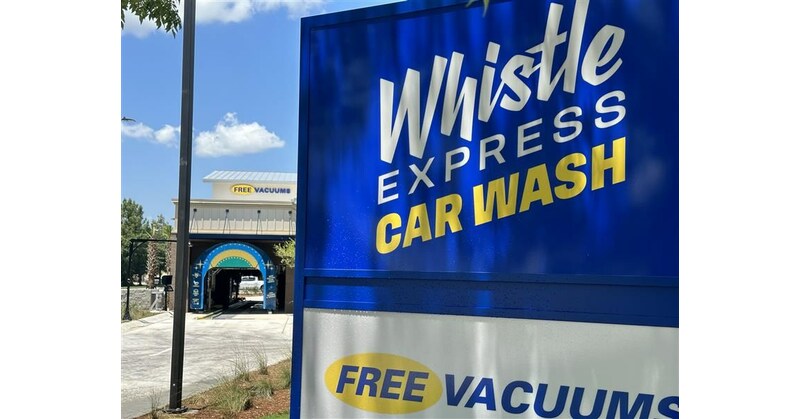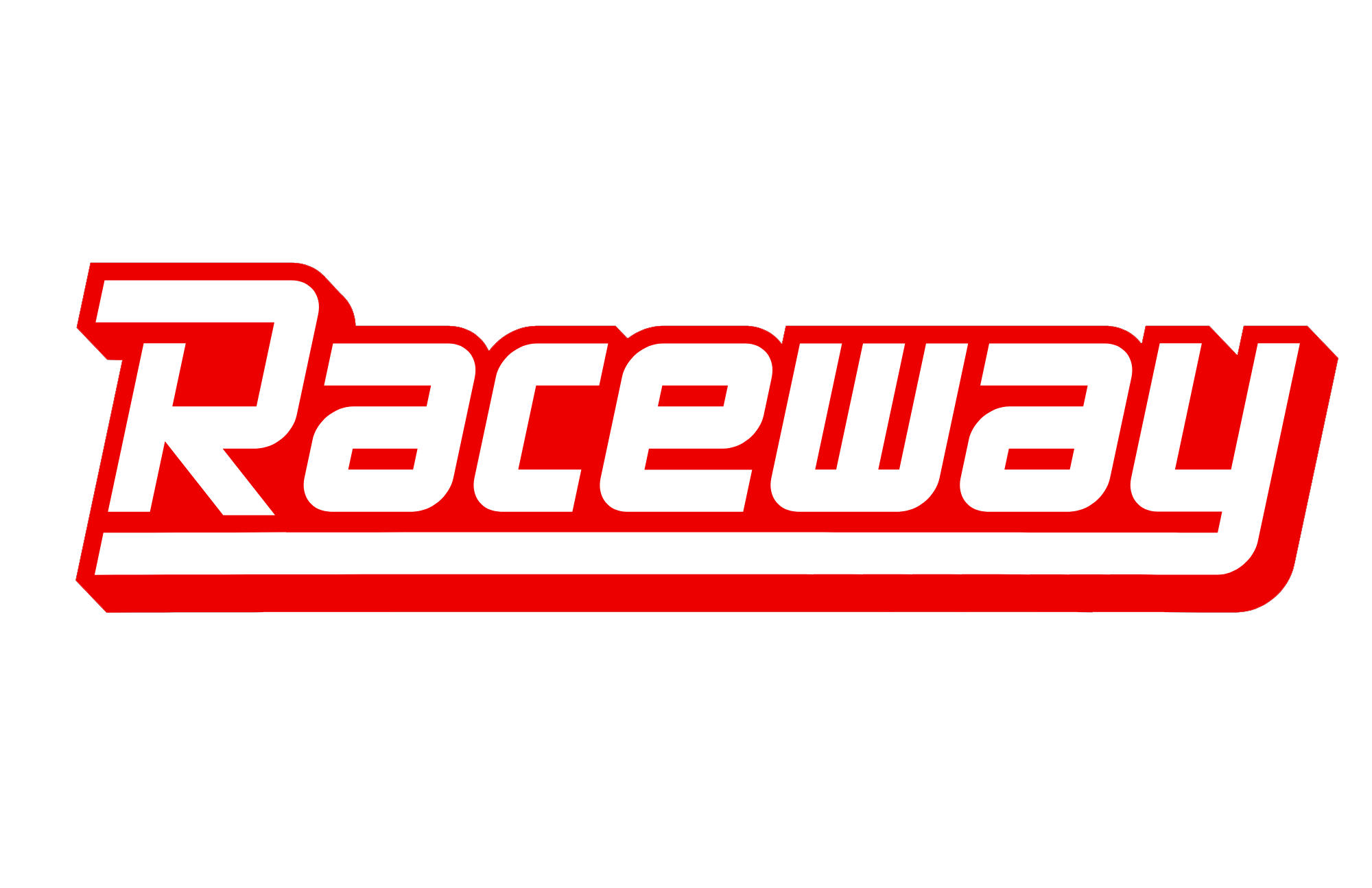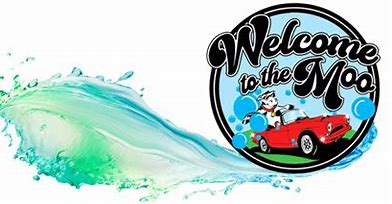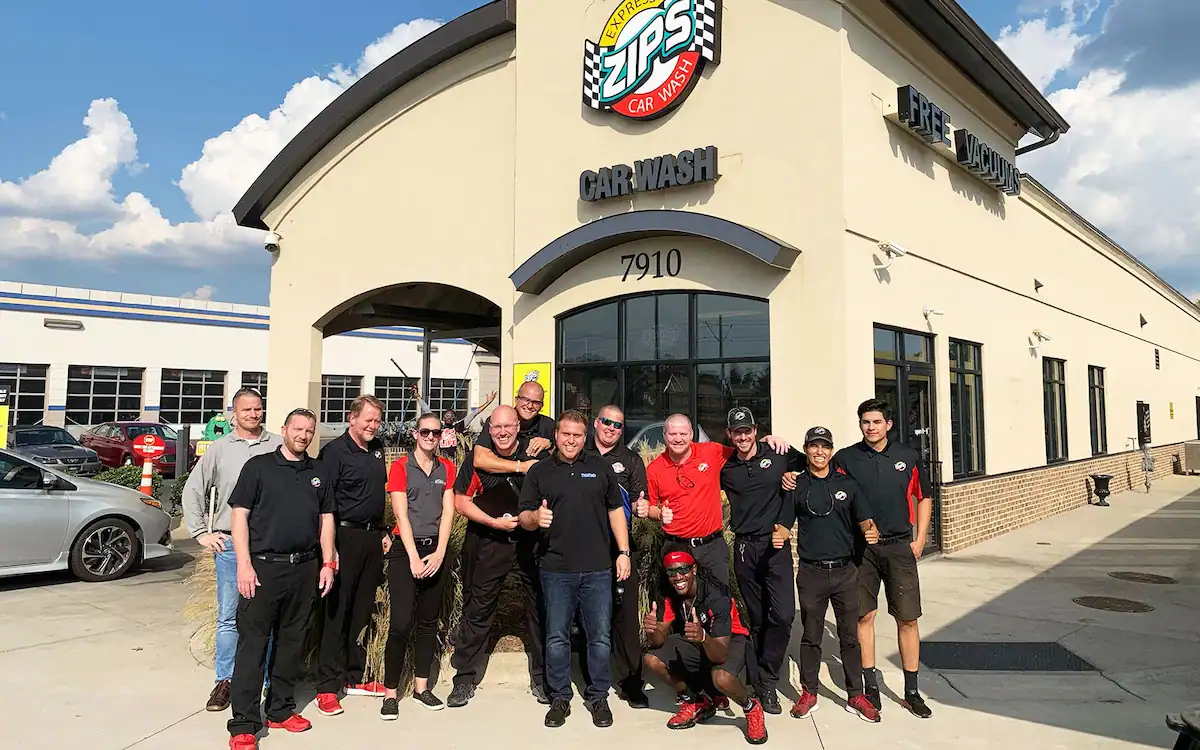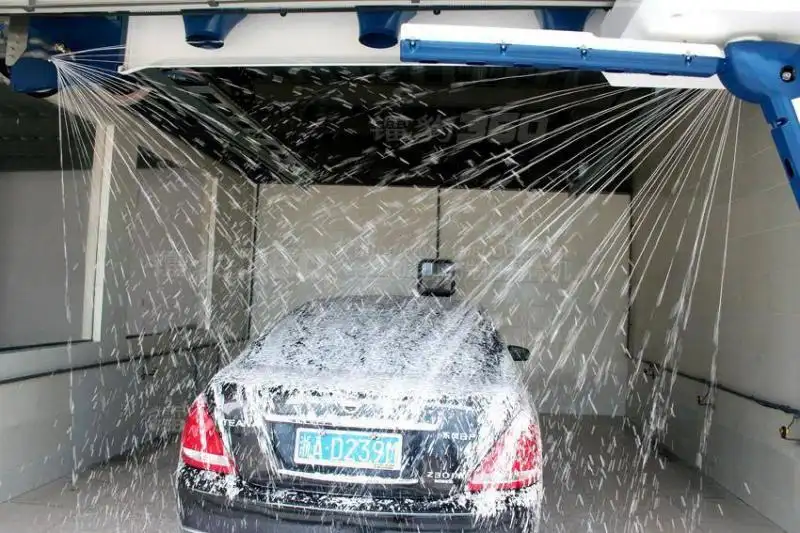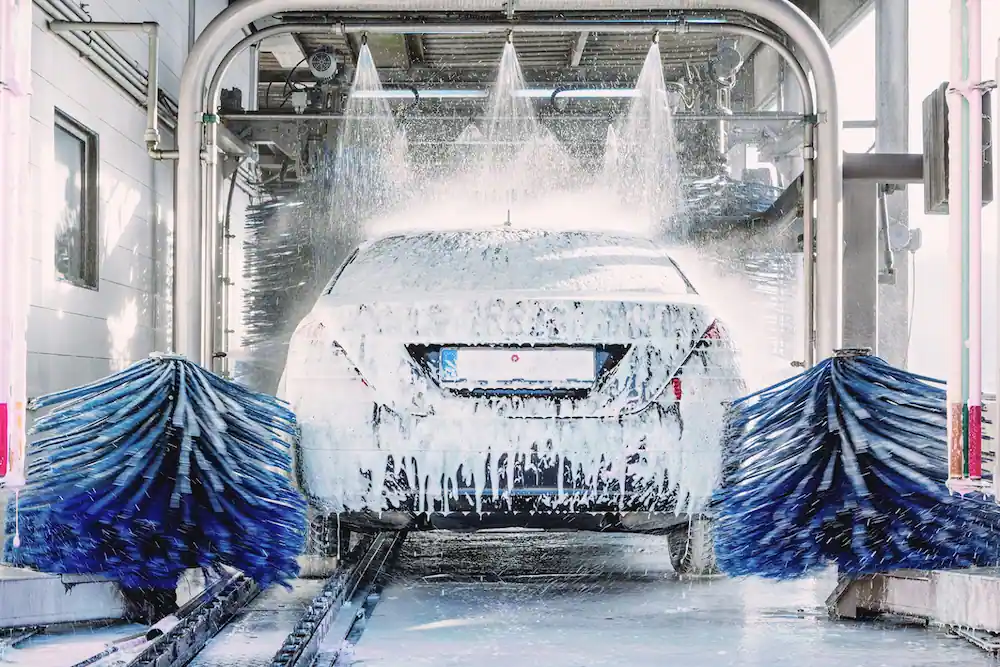By Jim Utter
Director of Journalism
Just over a year ago, Magnolia Wash Holdings announced it had rebranded as Whistle Express Car Wash, unifying more than 100 car wash locations under one brand.
Leading the change was CEO Jose Costa, who joined the company in spring 2022 after tenures at Bojangles Restaurants and Driven Brands.
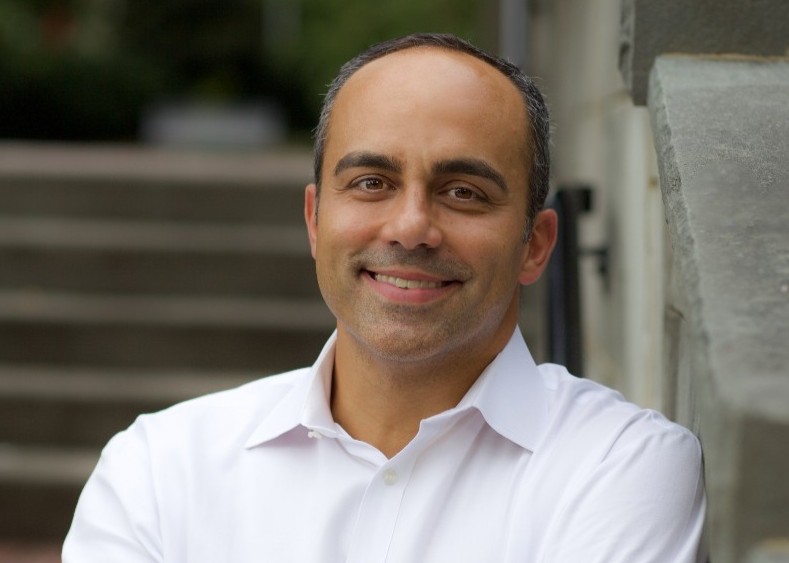
Whistle currently ranks as the 10th largest car wash company by Car Wash Advisory with more than 150 locations.
CW Daily News recently spent some time talking with Costa about the car wash industry. Today we present the final part of the interview, discussing what sets the company apart from its competitors, the issue of consolidation and municipal limits on car wash expansion.
What would you say is working the best for Whistle Express right now?
Costa: “I would start with we have a great team, a team that really knows automotive retail. We have a team that trusts each other and thinks differently. I learned this from spending many years in fast food, but one of the things that matters the most is consistency across locations. When you put up a banner and you say, ‘We are Burger King’ or ‘Whistle Express,’ the expectation in the eyes of the customer is consistency. We want to be excellent when it comes to customer service.
“If you have an issue, if your car needs to be rewashed, we should solve customers’ problems. It’s a transaction that takes three minutes in the tunnel and about seven minutes in the parking lot. It’s probably $15 to $25, depending on if you do retail or membership, so it’s a relatively low dollar amount. It could be a high frequency on occasion. So, you need to make sure that you’re delivering a great experience.”
What sets you apart?
Costa: “Many of our competitors are caught up in labor. You show up and there’s no one to help you or answer questions. You do need a human being at the entrance of the tunnel. You do need someone to guide you to come in. They’re taking people out from the pay stations or taking people out from the parking lots, and we are not doing that.
“They’re cutting on chemicals or changing the chemical packages without necessarily communicating that to customers. So, you’re getting a less quality wash. The analogy would be you order a pizza from Pizza Hut and maybe the mushrooms are thinner and there’s less ham and less pepperoni, right? And your expectation is ‘I’m paying for the right amount of vegetables and pepperoni on my pizza. So please put it on.’
“Another issue is deferred maintenance. If you are supposed to change some bearings in the tunnel instead of doing it when you’re supposed to, you may delay that because of the inflation costs and trying to control the (profit and loss). It’s a combination of factors.”
Do you see the industry as ripe for consolidation?
Costa: “Let’s use a baseball analogy. If you think of baseball innings, I think we’re moving into the second inning right now. If you look back and look at the top 50 (car washes) three years ago and then the top 50 today, there’s been significant movement in that list. The second inning, which will start in 2025, will be consolidation of the larger platforms. It doesn’t make sense to have a lot of platforms out there that have 50, 100, 150 units.
“You have very large-scale players like Driven Brands with Take 5. Right below that, you have very good firms like Quick Quack and the big investment they got from KKR & Co. – one of the best firms out there. Usually when you see that level of experience come in, their pockets are so big and their appetite is so aggressive, they’re going to want to do more. I think 2025-2026 some of those players are going to have to come together.”
What’s your take on more and more municipalities adapting rules to limit or ban new car wash development?
Costa: “Let’s say in 2024, we built 20 new car washes. We encountered that issue in one municipality where there is a moratorium, and they don’t allow more car washes. And I think No. 1, it’s protecting the trade area, but No. 2, it’s actually protecting us as an industry because you don’t want them built in front of each other. Back in the day, there was a gentleman’s agreement, where you weren’t going to open in front of someone else and they weren’t going to open in front of you. That’s gone. I think the municipalities are almost a safety net that helps protect our brands, so we don’t overbuild on top of each other.”

